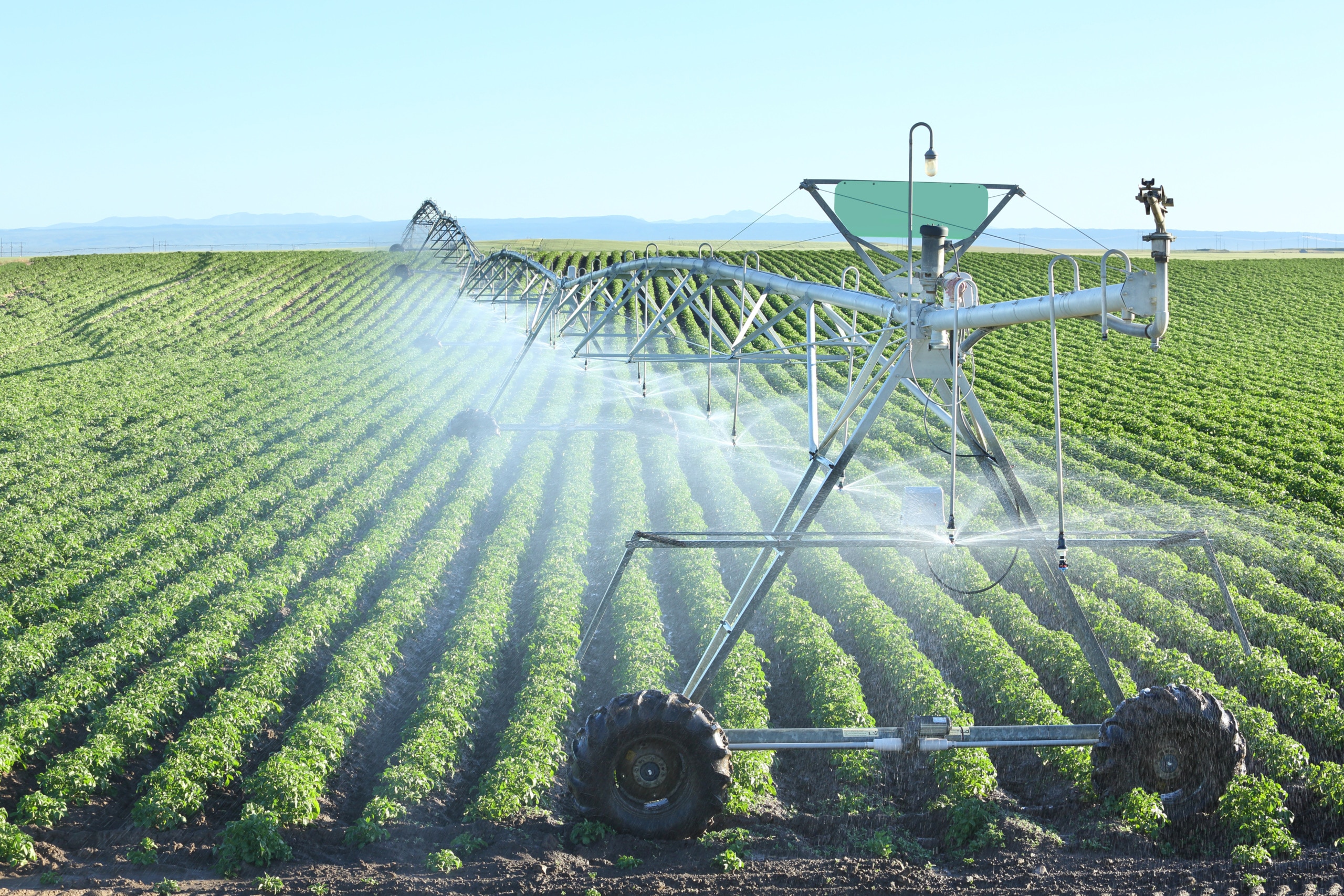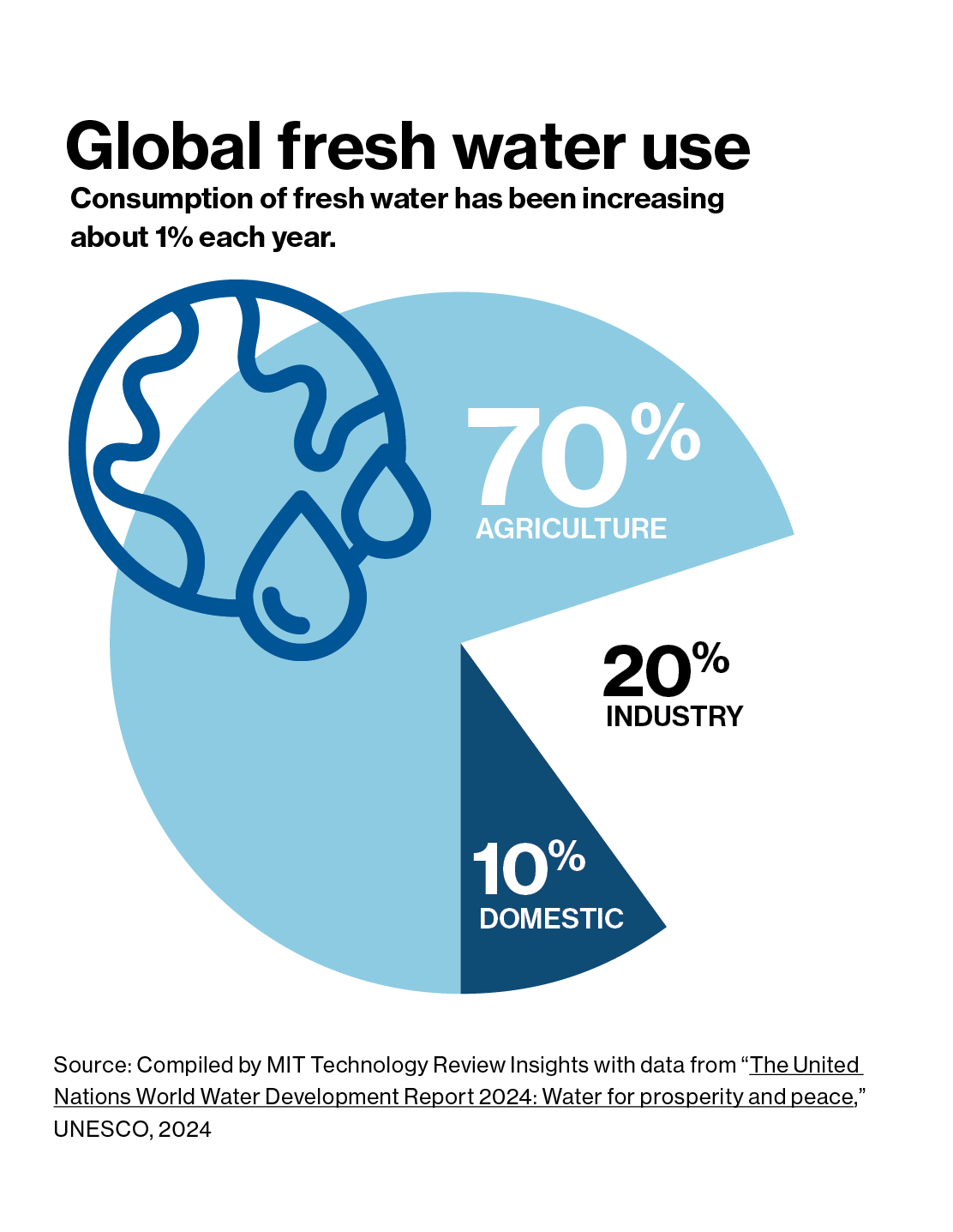Annex On Best Practices For Sustainable Water Management
Source: www.wwfbalticfarmer.org
What is "Annex On Best Practices For Sustainable Water Management"? The "Annex On Best Practices For Sustainable Water Management" is a comprehensive document that can help you develop and implement sustainable water management practices.

Sustainable Water Management - Foundation for Food & Agriculture Research - Source foundationfar.org
Editor's Notes: "Annex On Best Practices For Sustainable Water Management" have published today date. This topic is important to read because water is a precious resource that is essential for life. However, human activities are putting a strain on water resources, and it is important to find ways to manage water sustainably.
As a result of our effort doing some analysis, digging information, made Annex On Best Practices For Sustainable Water Management we put together this Annex On Best Practices For Sustainable Water Management guide to help target audience make the right decision.
| Key differences | Key takeways |
|---|---|
| Water conservation | Water conservation is an important part of sustainable water management. It involves reducing the amount of water used, and there are many ways to do this, such as installing low-flow appliances, fixing leaks, and watering lawns less often. |
| Water quality protection | Water quality protection is also important for sustainable water management. It involves protecting water from pollution, and there are many ways to do this, such as reducing fertilizer use, properly disposing of waste, and avoiding littering. |
| Water resource management | Water resource management is the third important part of sustainable water management. It involves managing water resources to meet the needs of both humans and the environment, and there are many ways to do this, such as building dams, diverting water, and using groundwater. |
The "Annex On Best Practices For Sustainable Water Management" is a valuable resource for anyone who is interested in sustainable water management. It provides a wealth of information on the topic, and it can help you develop and implement sustainable water management practices.
FAQ
This comprehensive FAQ section provides valuable insights into sustainable water management practices, ensuring optimal utilization and conservation of this precious resource. The following Q&A pairs address common concerns and misconceptions, offering expert guidance for responsible water stewardship.
Question 1: What is the significance of implementing sustainable water management practices?
Answer: Sustainable water management practices are crucial to ensure the availability and quality of water for present and future generations. They encompass responsible water use, efficient distribution, and effective conservation measures, safeguarding this vital resource amidst increasing challenges like climate change and population growth.

Driving sustainable water management | MIT Technology Review – ZPPIOT News - Source news.zppa.cn
Question 2: How can we promote water conservation in our daily lives?
Answer: Conserving water is essential for sustainable management. Simple steps like fixing leaky faucets, watering lawns only when necessary, and investing in water-efficient appliances can significantly reduce water consumption. Additionally, encouraging water reuse and recycling through rainwater harvesting or graywater systems further contributes to conservation efforts.
Question 3: What are the challenges associated with sustainable water management in urban areas?
Answer: Urban areas face unique challenges in sustainable water management, including increasing population density, aging infrastructure, and limited green spaces. Addressing these requires innovative solutions like decentralized wastewater treatment systems, permeable pavements to promote groundwater recharge, and integrated urban water management strategies that consider the entire water cycle.
Question 4: How does water quality affect human health and the environment?
Answer: Water quality is paramount for public health, ecosystem integrity, and economic prosperity. Contaminated water can transmit diseases, harm aquatic life, and disrupt agricultural productivity. Sustainable water management practices prioritize protecting water sources from pollution, ensuring access to clean and safe water for all.
Question 5: What role does technology play in enhancing water management efficiency?
Answer: Technology offers significant opportunities to improve water management efficiency. Smart water meters, leak detection sensors, and irrigation automation systems provide real-time data and enable precise control over water usage. Advanced modeling and forecasting tools support better decision-making and optimize water allocation during periods of scarcity.
Question 6: How can we foster collaboration and knowledge sharing for sustainable water management?
Answer: Collaboration among stakeholders, including governments, water utilities, researchers, and communities, is essential for successful water management. Knowledge sharing, joint research initiatives, and public awareness campaigns promote best practices and foster a collective understanding of the importance of water conservation and sustainability.
Summary: Sustainable water management is imperative for the well-being of both present and future generations. Implementing responsible practices, promoting conservation, addressing challenges, safeguarding water quality, leveraging technology, and fostering collaboration are crucial elements in ensuring the sustainability of this vital resource. By embracing these principles, we can collectively contribute to securing water for the longevity of our planet and its inhabitants.
Transition: For further insights into water management and conservation strategies, explore our comprehensive collection of articles, providing in-depth analysis and practical guidance to support sustainable water stewardship.
Tips
Within the Annex On Best Practices For Sustainable Water Management, you will find helpful tips.
Tip 1: Water conservation
Implement water-saving practices such as using low-flow appliances, fixing leaks promptly, and watering lawns and gardens efficiently.
Tip 2: Rainwater harvesting
Collect rainwater for non-potable uses, such as irrigation or car washing, to reduce reliance on municipal water sources.
Tip 3: Greywater reuse
Utilize greywater from sinks, showers, and washing machines for irrigation, reducing water consumption and minimizing wastewater.
Tip 4: Water-efficient landscaping
Choose drought-tolerant plants and implement mulching and drip irrigation to conserve water in outdoor areas.
Tip 5: Public education and awareness
Promote awareness about sustainable water practices through campaigns and educational initiatives to encourage responsible water use.
By incorporating these tips, communities and individuals can contribute to water conservation and sustainable water management.
Annex On Best Practices For Sustainable Water Management
Sustainable water management is crucial for preserving water resources and ensuring their equitable distribution. The Annex on Best Practices for Sustainable Water Management provides comprehensive guidelines to promote water conservation, protection, and efficient use. Six key aspects of these best practices include:
- Water Conservation: Reducing water consumption through efficient appliances and practices.
- Rainwater Harvesting: Collecting and storing rainwater for non-potable uses.
- Greywater Reuse: Utilizing treated wastewater for non-potable purposes, such as irrigation.
- Groundwater Management: Regulating groundwater extraction to prevent depletion and contamination.
- Water Quality Monitoring: Regularly testing water sources to ensure water quality and safety.
- Public Education: Raising awareness about water conservation and promoting sustainable practices.
These practices aim to alleviate water scarcity, reduce pollution, and promote water security. For instance, rainwater harvesting can supplement water supplies during droughts, while greywater reuse reduces the demand for potable water. By adopting these best practices, communities can ensure the preservation and sustainable use of water resources for future generations.

Practices for Sustainable Water Management - WWF Baltic Farmer - Source www.wwfbalticfarmer.org
Annex On Best Practices For Sustainable Water Management
The "Annex On Best Practices For Sustainable Water Management" is a significant component of the broader goal of achieving sustainable water management practices. It provides a comprehensive framework for implementing and promoting strategies that ensure the efficient use of water resources while preserving their quality and availability for present and future generations.

Harnessing Solar Energy for Sustainable Water Management: YAMI Solar - Source yamisolarpump.com
The importance of sustainable water management practices cannot be overstated. Water is a vital resource for all life, and its scarcity or contamination can have devastating consequences for both human societies and ecosystems. The "Annex On Best Practices For Sustainable Water Management" addresses these challenges by establishing guidelines and principles that promote water conservation, pollution prevention, and integrated water resource management.
The practical applications of these best practices are evident in various sectors. For example, in agriculture, implementing efficient irrigation techniques reduces water usage and minimizes runoff, conserving water resources. In urban areas, rainwater harvesting systems and water-saving technologies in buildings contribute to reducing demand and strain on water supplies.
By embracing the principles outlined in the "Annex On Best Practices For Sustainable Water Management," stakeholders can collectively contribute to preserving water resources and ensuring their sustainability. It fosters collaboration and knowledge sharing among governments, water utilities, industries, and communities, leading to innovative solutions and effective water management practices.
The following table provides a detailed overview of the key aspects and practical applications of the "Annex On Best Practices For Sustainable Water Management":
| Aspect | Description | Practical Applications |
|---|---|---|
| Water Conservation | Implementing measures to reduce water consumption | Efficient irrigation systems, water-saving appliances |
| Pollution Prevention | Preventing contamination of water sources | Wastewater treatment, stormwater management |
| Integrated Water Resource Management | Coordinating water management across different sectors | Water allocation plans, protection of watersheds |
| Stakeholder Engagement | Involving all parties in decision-making | Public awareness campaigns, partnerships with NGOs |
| Monitoring and Evaluation | Tracking progress and assessing effectiveness | Data collection, performance indicators |
Conclusion
The "Annex On Best Practices For Sustainable Water Management" provides a roadmap for achieving sustainable water management practices. By adopting and implementing its principles, stakeholders can ensure the preservation and responsible use of water resources, mitigating the risks of water scarcity, contamination, and conflict.
The challenge of sustainable water management requires ongoing collaboration and innovation. Embracing the best practices outlined in the Annex is crucial for securing a water-secure future for both human societies and the environment.
Kozloduy Nuclear Power Plant: Bulgaria's Largest Energy Source, Рая Пеева: Rising Bulgarian Pop Star, Ceará Futebol Clube: The Pride Of Fortaleza, Toulouse Vs. Guingamp: Clash Of Ligue 2 Contenders, MAXtv: Stream Your Favorite Shows And Movies Anytime, Anywhere, Tucuman Vs Deportivo Riestra: Argentine Primera Division Match Preview And Prediction, Grizzlies Triumph Over Spurs In Intense NBA Battle, Knicks Vs Lakers: Battle For The Big Apple And Hollywood Lights, Tombense Futebol Clube: A História E O Legado De Um Time Brasileiro Em Ascensão, Eduardo Costa: Brazilian Heartthrob And Renowned Sertanejo Musician,